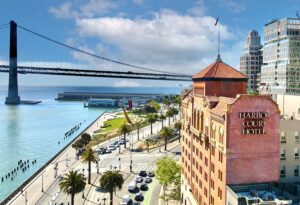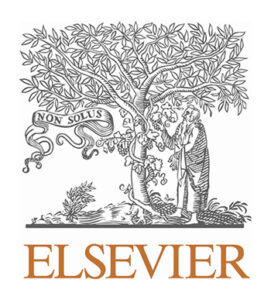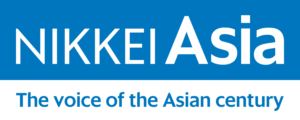About the APEC University Leaders’ Forum
This high-level dialogue between CEOs, policy leaders, university presidents and top researchers aims to play an influential international role in Investing in Tomorrow’s Biodiversity. On Monday, November 13, 2023 at the Commonwealth Club in San Francisco, CA the Forum takes place on the sidelines of the APEC CEO Summit and offers an opportunity for leadership in implementing a global plan for biodiversity. It is aimed at producing new insights and identifying the partnerships needed for investing in conservation and restoration of our biodiversity.
The theme is dedicated to sustainability and climate resilience and includes discussions on:
- sustaining the evolving biodiversity landscape
- strengthening the resilience of coastal communities
- protecting water and investing in economic opportunity
- innovating food systems for the survival of the planet
APRU universities have the research and educational resources needed to play a major role in providing innovative solutions to mitigate the effects of climate change and sustain biodiversity.
This Forum will shape our future work together.
Attendance at this meeting is by invitation only. To request an invitation contact [email protected]
About the APEC CEO Summit
APRU members and delegates attending the AULF meeting will receive a discount rate for the APEC CEO Summit. Registration for the Summit will grant access to APEC Summit Plenary Sessions and designated hotels. Once you indicate your interest on the APRU registration, APEC organizers will be notified and you will receive an invitation.
The annual APEC CEO Summit 2023 comes to San Francisco, California November 14th-16th at the Moscone Center West.
The Summit will bring CEOs, entrepreneurs, thought leaders and other stakeholders together with the most senior political leaders from the Asia-Pacific region for two days of robust dialogue on global opportunities and challenges that are shaping economic, environmental, and societal trends in the region.
The Summit program focus of ‘Creating Economic Opportunity’, will feature a lineup of dynamic and diverse speakers who will highlight the potential of collaboration and fresh thinking to build the future through a focus on sustainability, inclusion, resilience, and innovation. The accompanying Summit exhibition will showcase pioneering solutions and technologies that can help drive equitable growth.

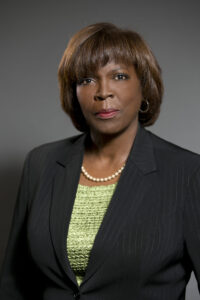
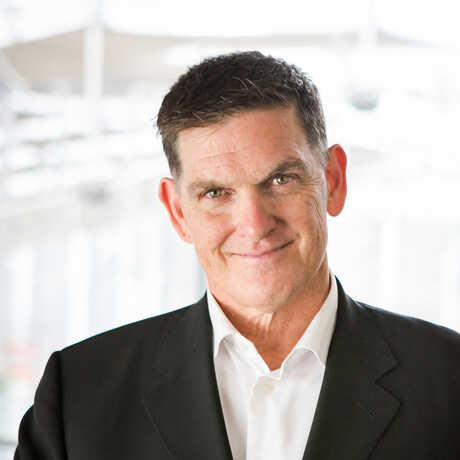
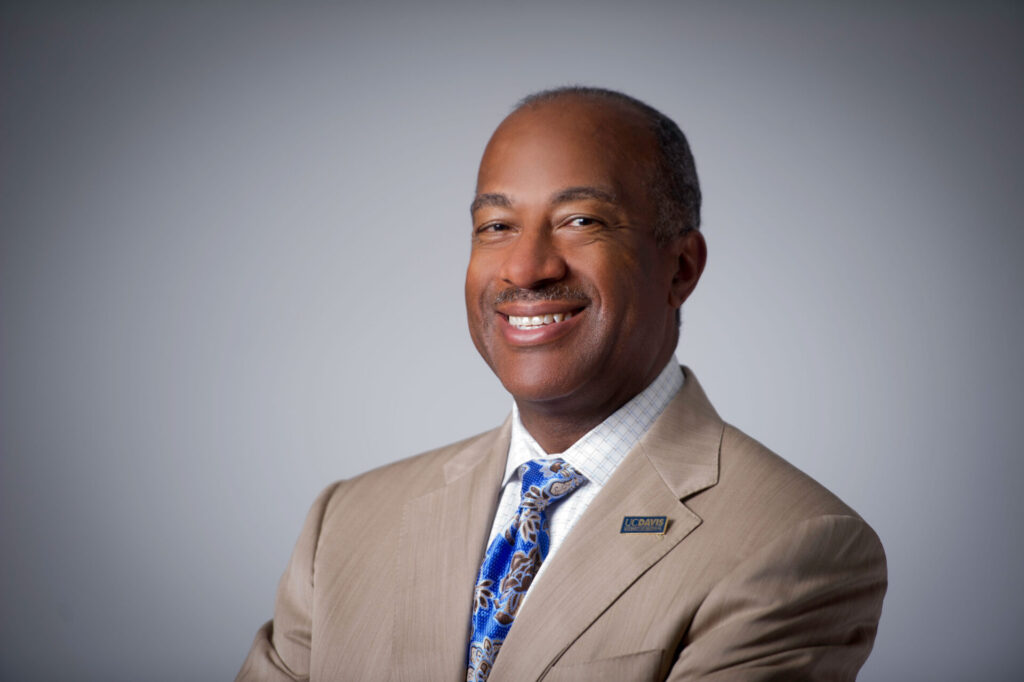
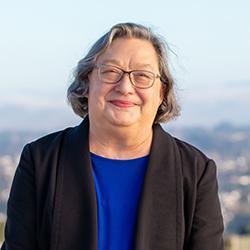
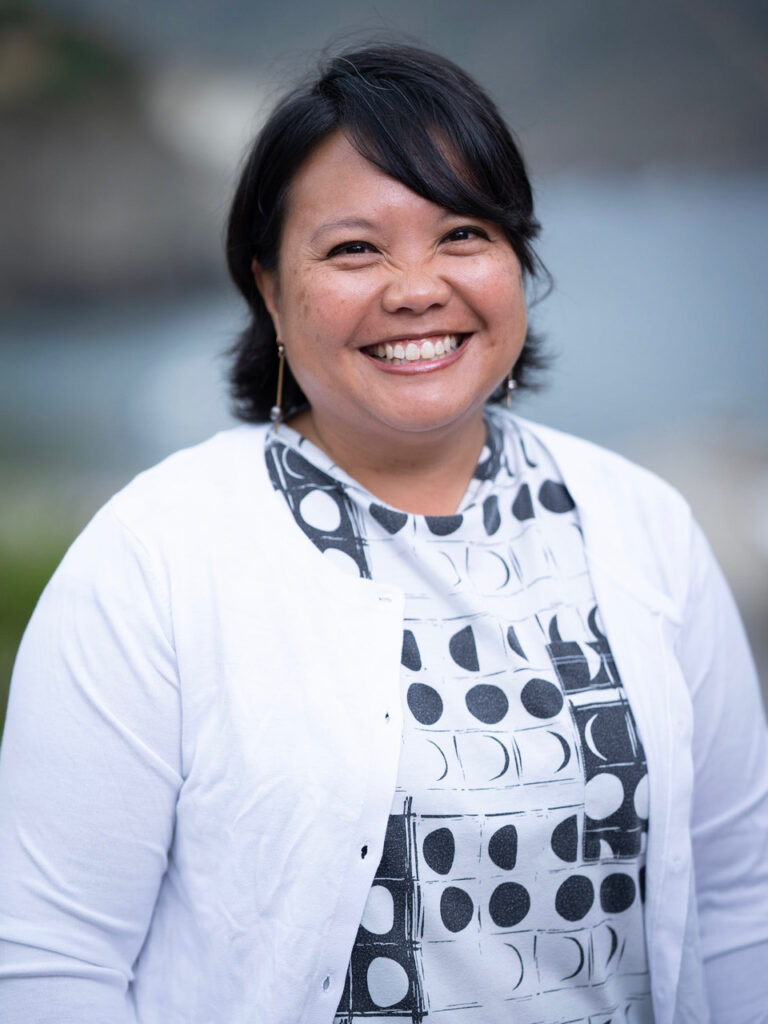
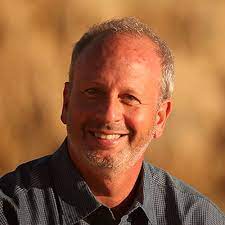
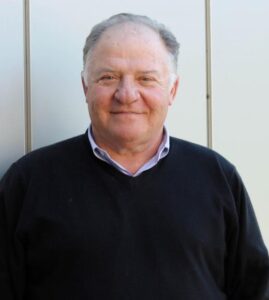
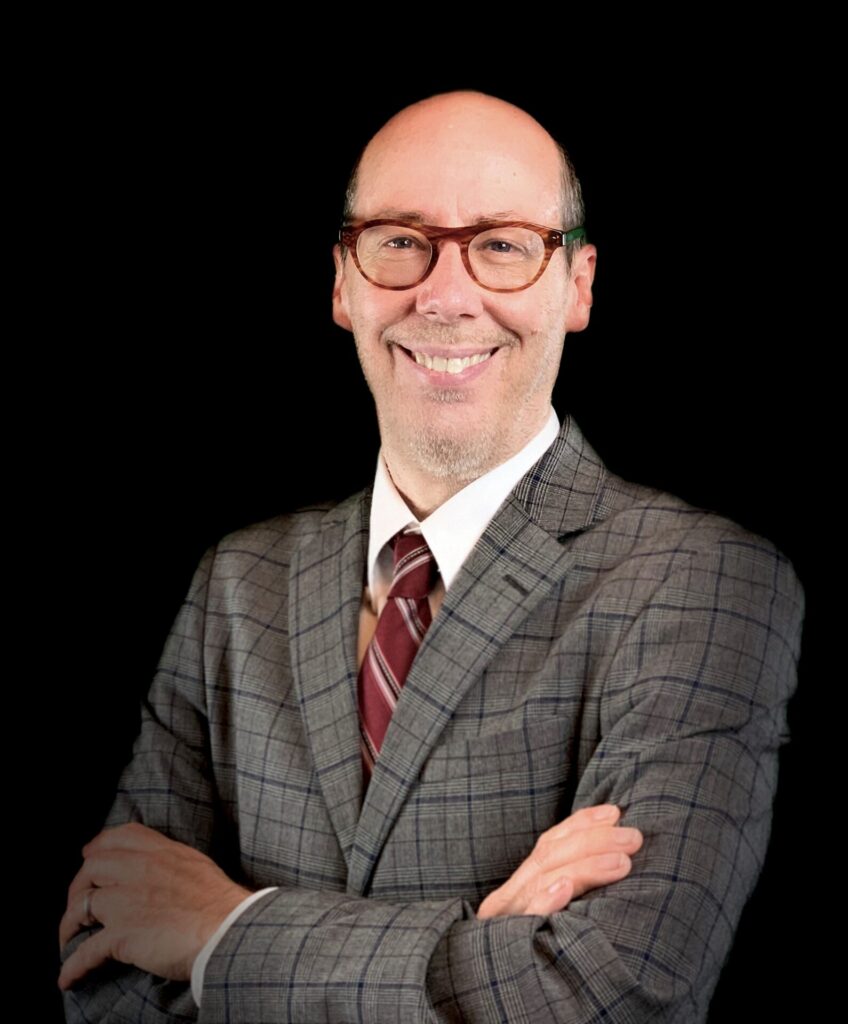
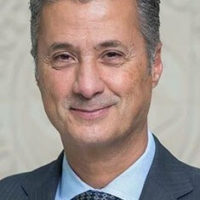

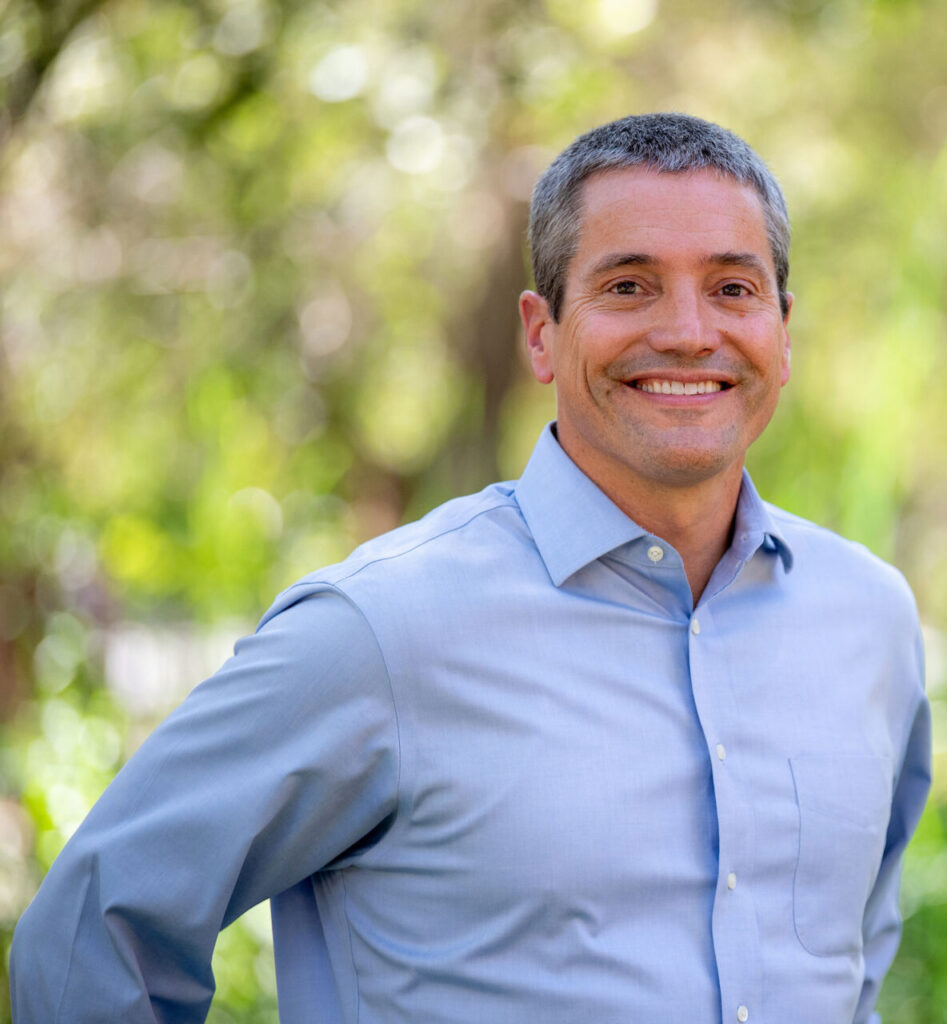
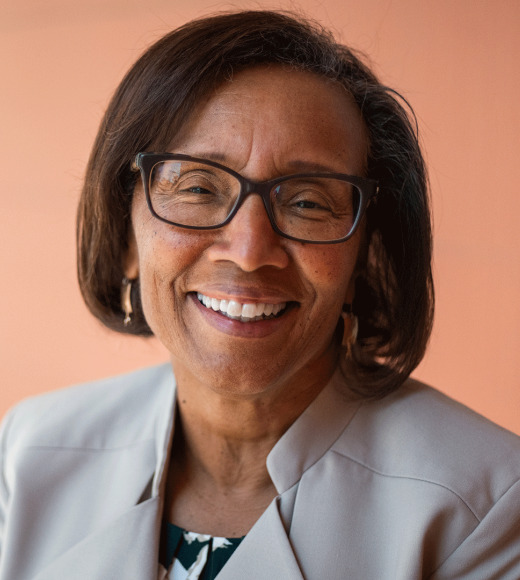
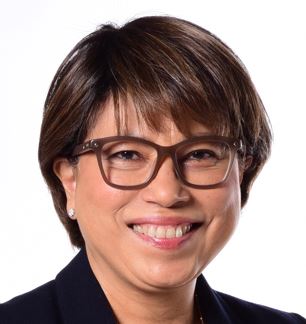
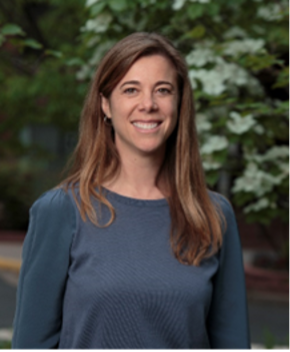
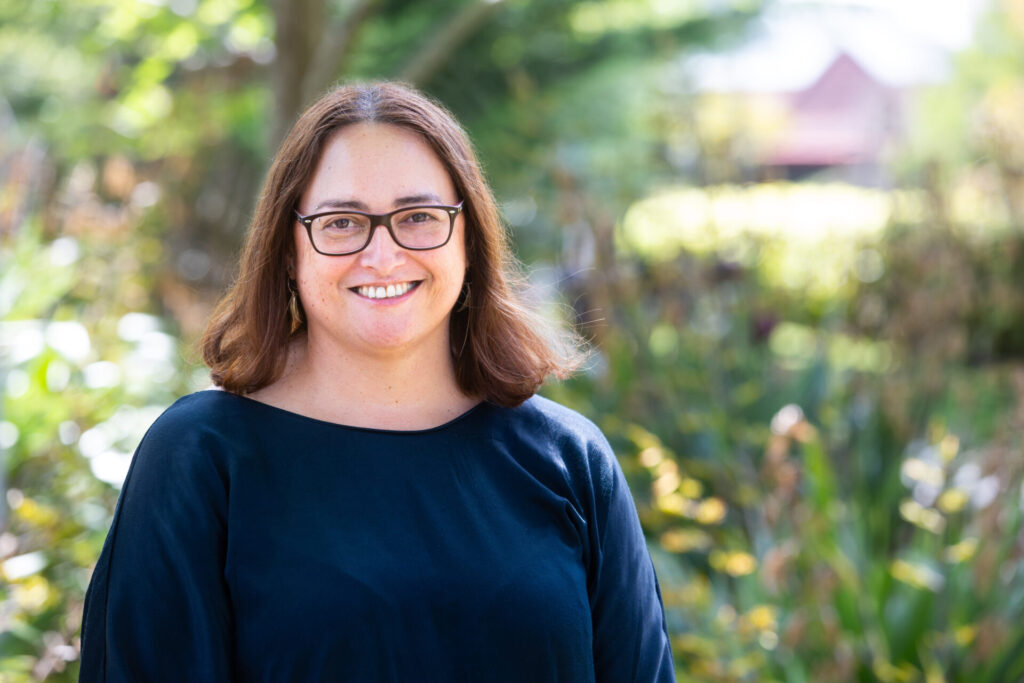
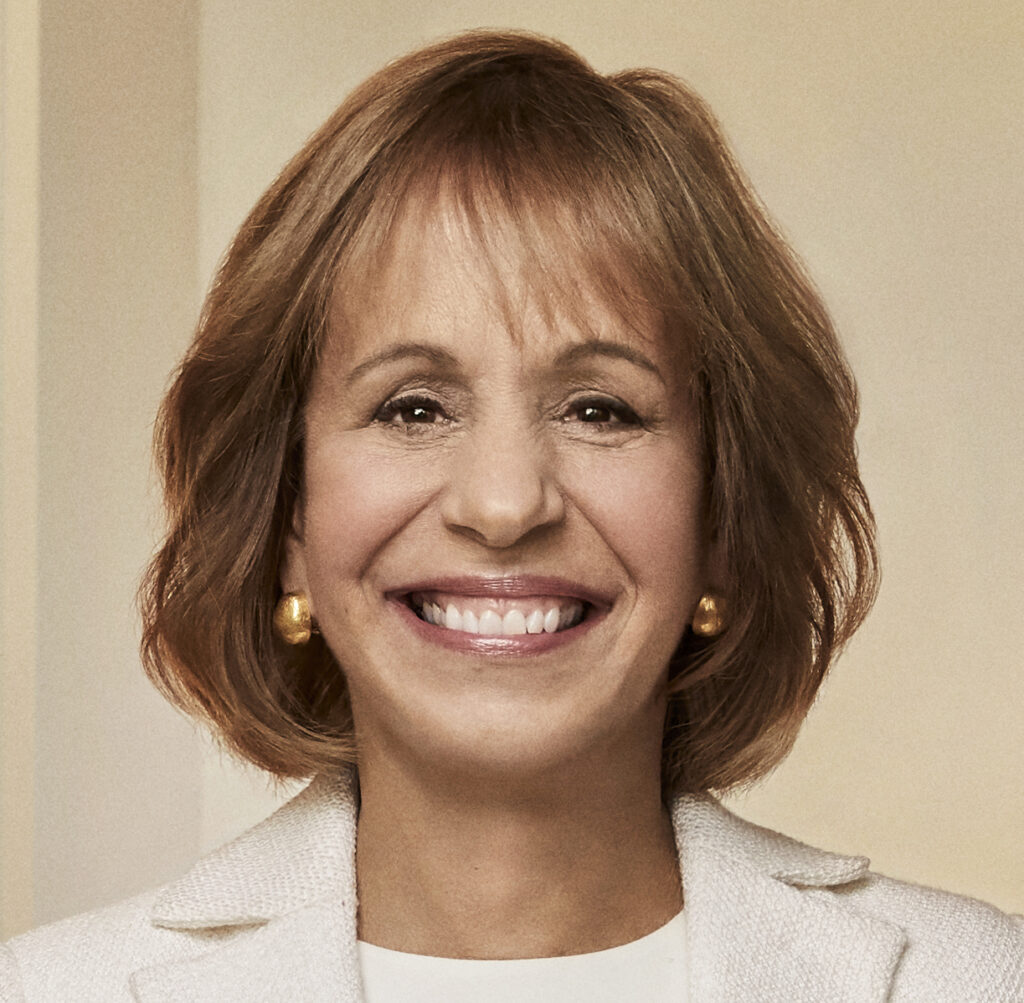
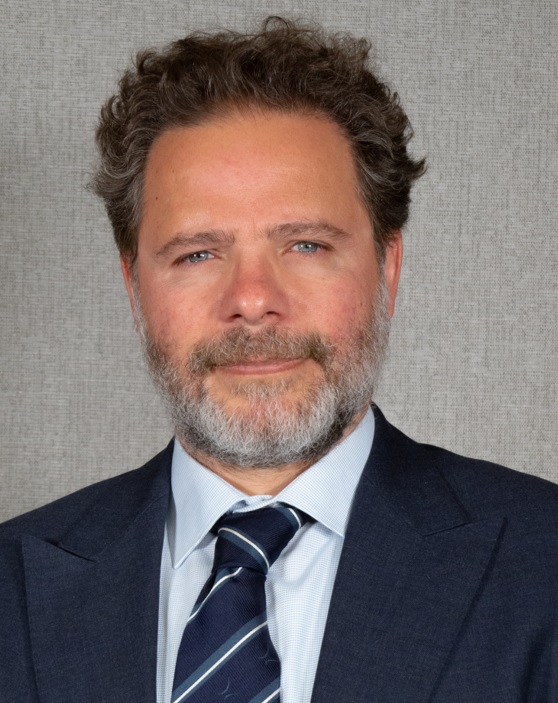
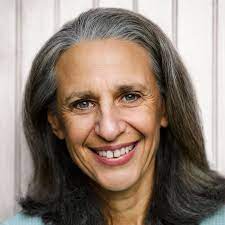
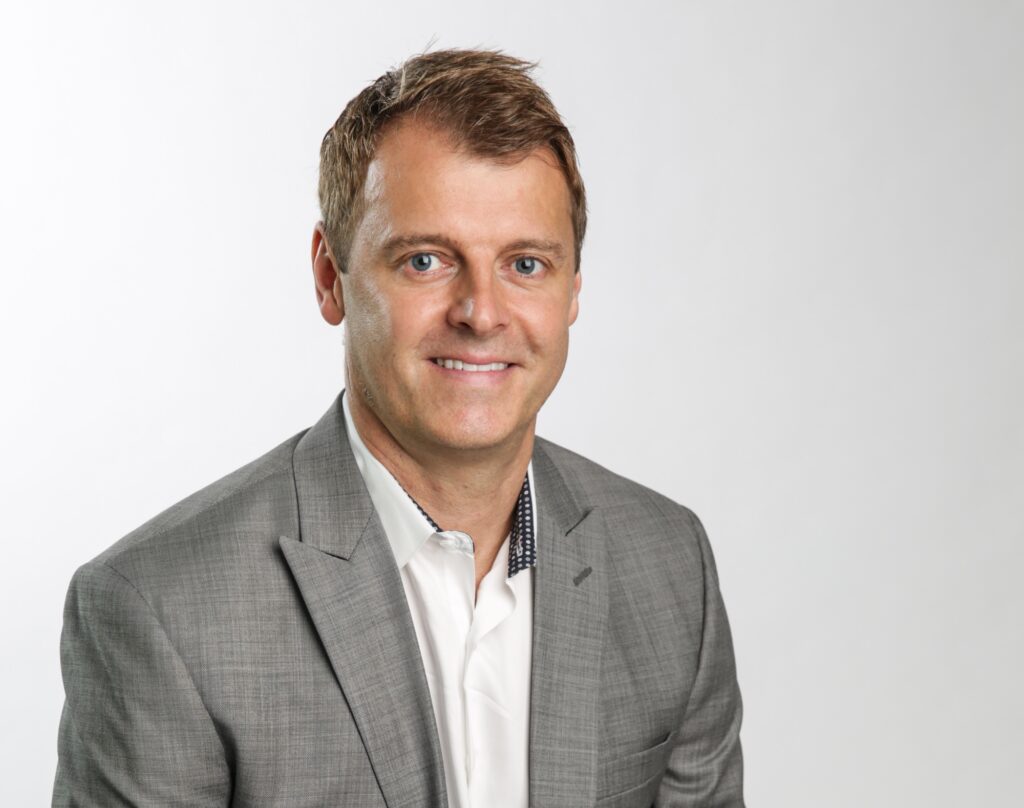
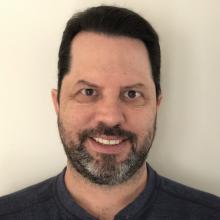
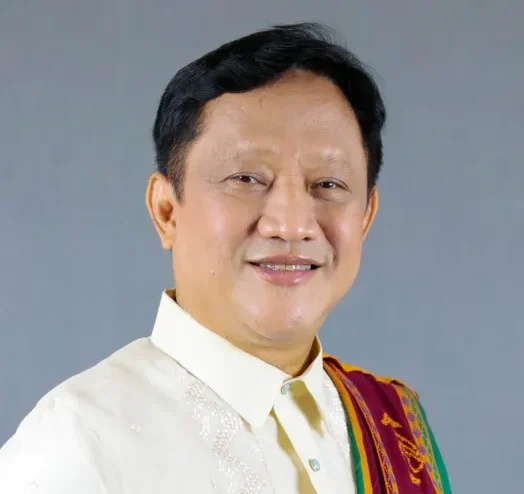
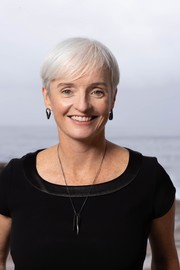
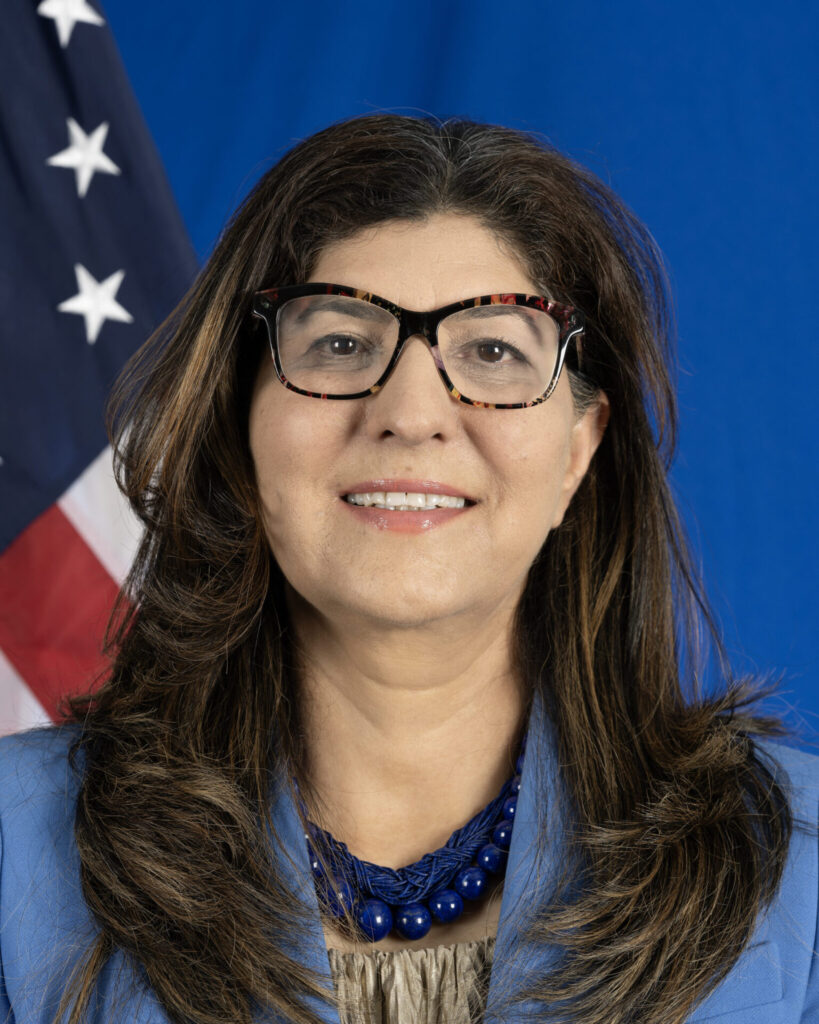
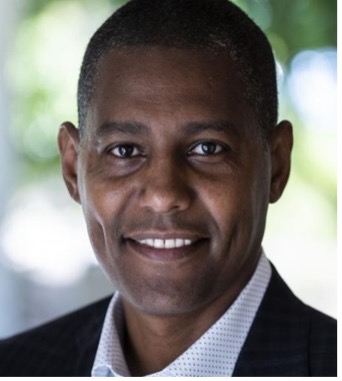
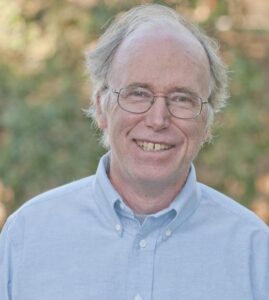
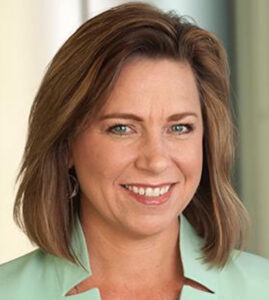

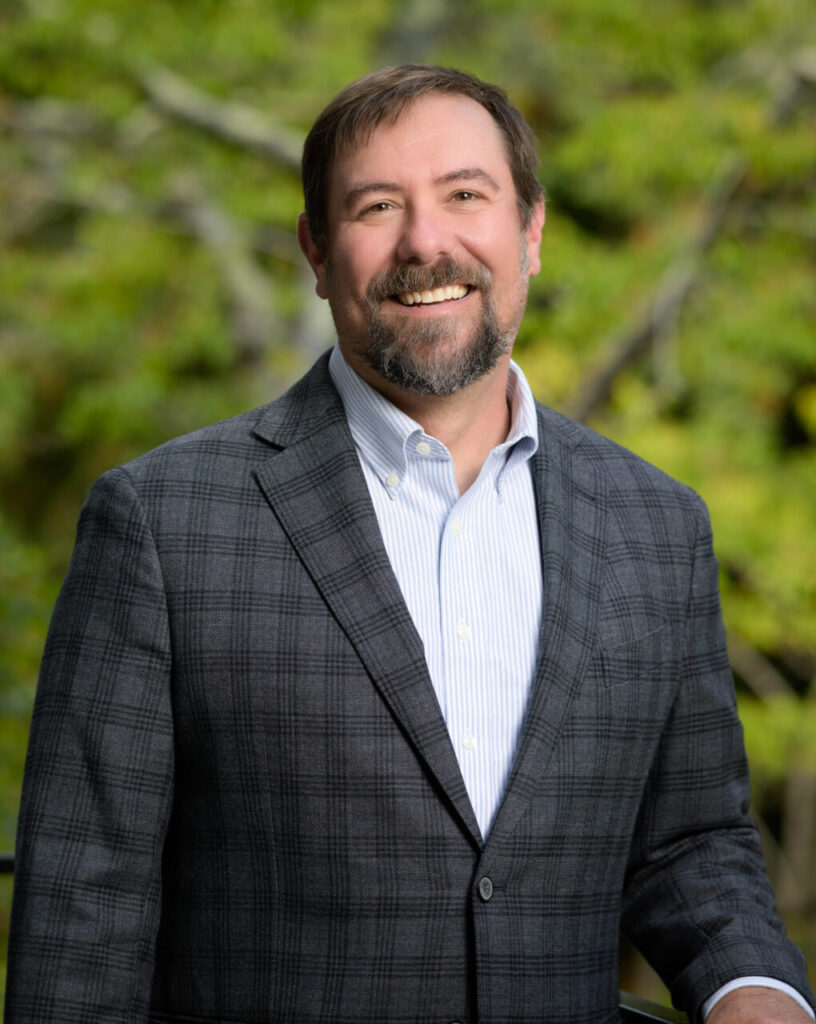
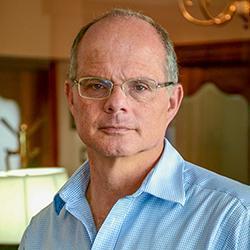
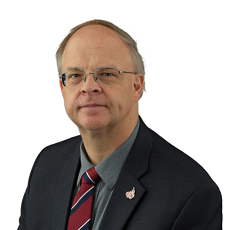
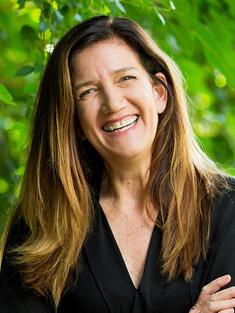
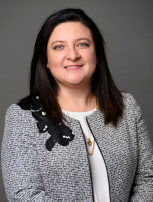
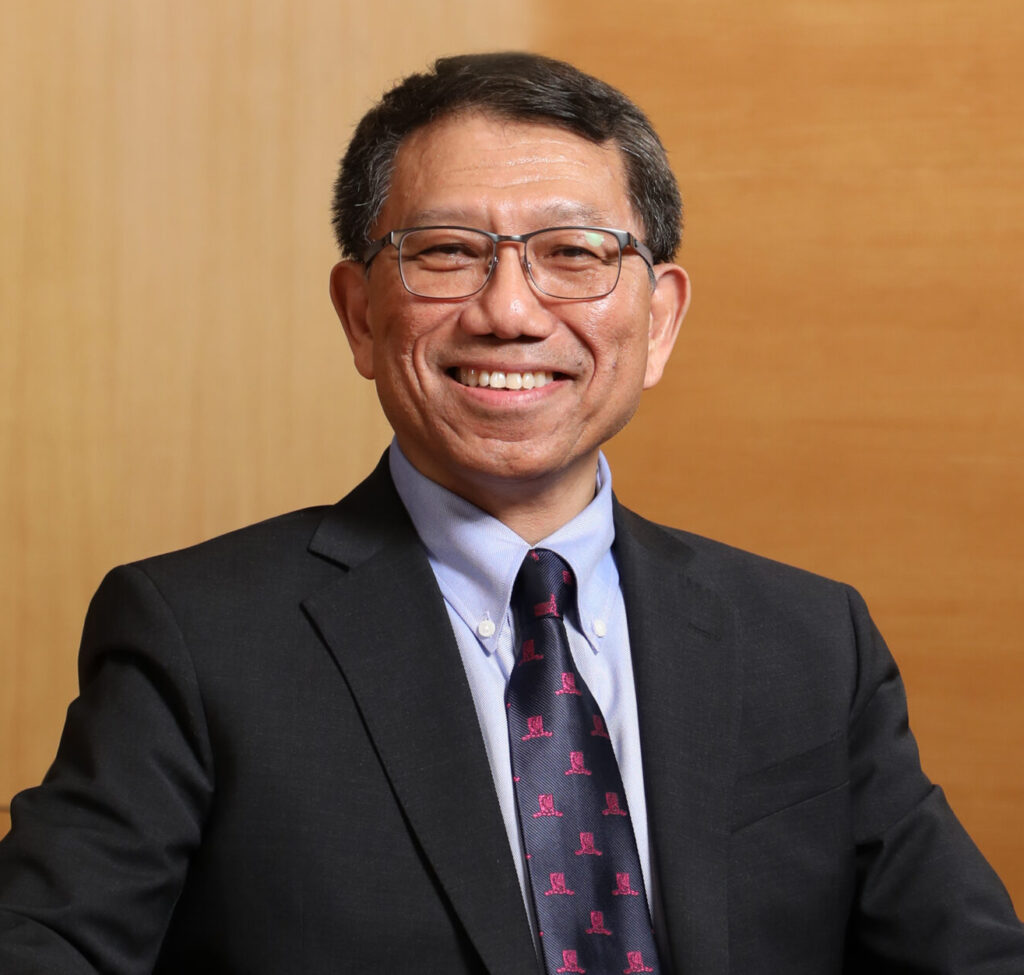

 The Commonwealth Club provides unique and sophisticated conference spaces, both indoors and outdoors, that offer stunning views of San Francisco Bay and the Bay Bridge. This LEED Gold-certified building utilizes digitally controlled moveable windows and large ceiling fans to cool with outside air, while also incorporating additional HEPA filters indoors to scrub the air.
The Commonwealth Club provides unique and sophisticated conference spaces, both indoors and outdoors, that offer stunning views of San Francisco Bay and the Bay Bridge. This LEED Gold-certified building utilizes digitally controlled moveable windows and large ceiling fans to cool with outside air, while also incorporating additional HEPA filters indoors to scrub the air.